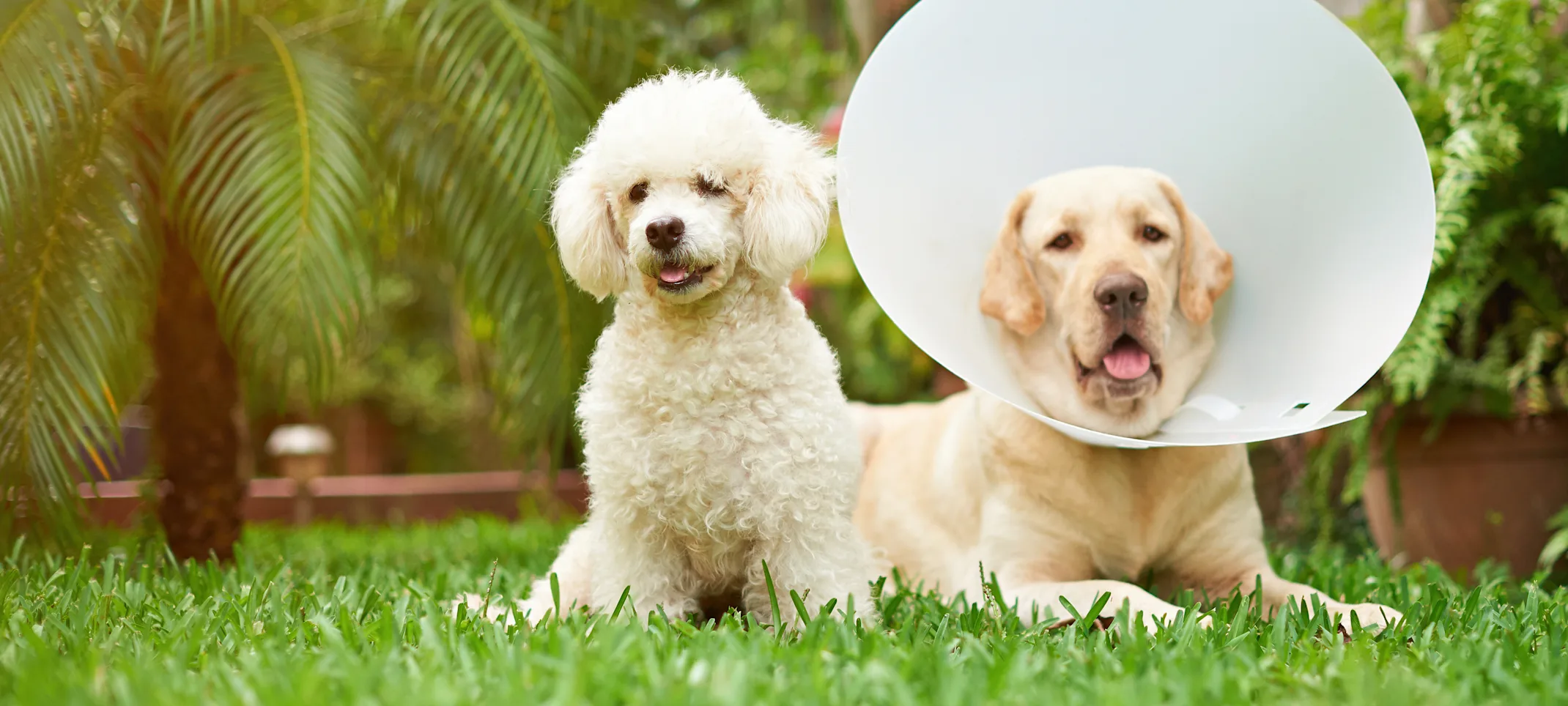King of Prussia Veterinary Hospital
Anesthesia and Surgery
Surgery can be a source of anxiety and stress for many pet owners. Fortunately, our certified technicians and doctors provide extensive safety measures before, during and after every operation for each pet.

Overview
At KPVH, we are proud to provide a safe and comfortable surgical experience for your animal. We perform elective surgeries, such as ovariohysterectomies (spays) and castrations (neuters), as well as lumpectomies (mass removals), bladder stone removal, and other soft tissue surgeries. With current advances in veterinary anesthesia and monitoring, age is not a reason to avoid anesthesia. Even older animals can be safely anesthetized for dental care, tumor removal, or other medically necessary procedures, improving their health and comfort and maximizing longevity. Our focus on patient safety, pain management, and employing the most current surgical practices is designed to minimize anesthetic risk.
What's the operation monitoring process?
We recommend pre-operative blood testing to assess your animal's ability to tolerate anesthesia. If your animal has a pre-existing medical problem, anesthetic protocols can be modified to suit your animal's needs. A Certified Veterinary Technician assigned to your individual animal will monitor his or her vital parameters (temperature, pulse, and respiratory rate), as well as blood pressure and blood oxygen content, throughout anesthesia. IV catheters are placed in all surgical patients to provide fluid support during the procedure and allow administration of therapeutic or emergency drugs if needed. Temperature support is also provided during and after surgery to speed recovery and ensure that your animal remains warm and comfortable.
What's the post-operation process?
Your animal will recover in our wards, closely observed by our technicians and doctors. When he or she is fully awake and ready to go home, our staff will review your postoperative care and medication instructions. If any questions arise after your pet returns home or at any other time during the postoperative period, we are happy to address any concerns regarding surgery or recovery. Suture removal is included with our surgical fees. Your animal's doctor will advise you if suture removal is needed.
Anesthetic Monitoring & Support:
Surgical support:
Intravenous (IV) catheter placement
IV fluid therapy
Perioperative temperature control
Oxygen supplementation
Endotracheal intubation (breathing tube)
Anesthetic monitoring:
Pre-operative blood testing
Pulse oximetry
Non-invasive blood pressure
Vital parameter monitoring by a Certified Veterinary Technician
Procedures We Perform
Ovariohysterectomy (spay)
Castration (neuter)
Herniorrhaphy (hernia repair)
Lumpectomy (mass removal)
Wound repair
Cystotomy
Other surgical procedures may be provided based on consultation with the attending veterinarian.
